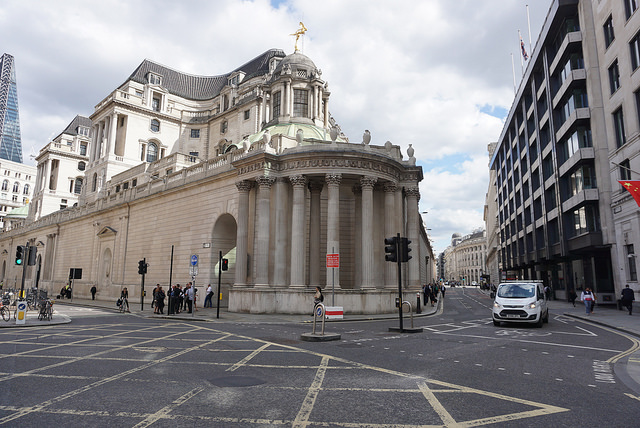A surge in high-risk lending by financial institutions has triggered a warning from The Bank of England about the potential for another economic crash.
The Bank says loans to companies already laden with debt are increasing across the world, similar to the sub-prime mortgage market that sparked the 2008 credit crunch.
In the United States alone, high risk lending has doubled in eight years to more than £760 billion.
The so-called ‘leveraged loans’ are classed as high risk if they go to companies which already have debts four times higher than earnings.
The Bank’s financial policy committee (FPC), which monitors threats to the UK’s financial security, said domestic firms had given out £38 billion in such loans last year.
With a further £30 billion in leveraged loans being made in this country so far this year, the Bank said it is will be closely assessing the risks to the UK economy.
The concern of financial regulators is that as interest rates rise, debt-laden companies may default on their loans.
With the UK facing financial uncertainty over Brexit, the Bank said a trend of more lax lending terms and a rising demand for higher risk investments was worrying.
It added that the level of debt owed by higher risk companies is about a fifth of all UK business lending.
In addition, looser terms had seen safety mechanisms such as maintenance covenants falling to just 20 per cent for leveraged loans.
These are usually put in place for all high-risk loans to cover investors and make sure recipient firms meet specific financial criteria.
The upward trend for leveraged loans is driven by very low interest rates and the billions of pounds pumped into the economy by central banks during the downturn.
The FPC admitted that standards of underwriting had slipped and said it would be assessing the risks to UK financial institutions as part of this year bank ‘stress tests.’
Unlike the sub-prime mortgage market that triggered the 2008 crash, banks do not hold the same level of leveraged loan debts.
Instead, they sell them on in packages to third parties, such as investment management firms.
It was the high level of sub-prime debt held by banks that led to the Government stepping in to bail them out ten years ago.




